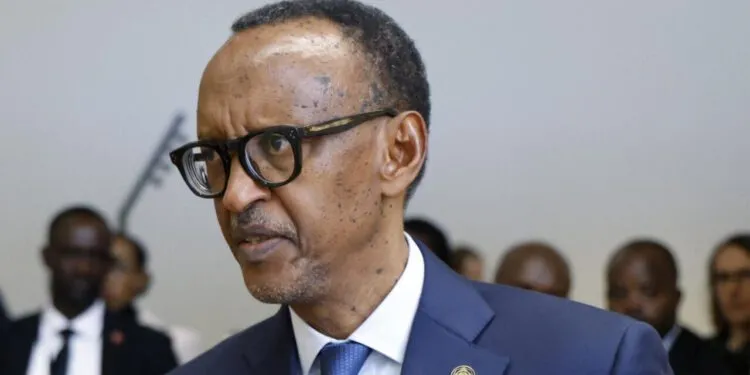The government of Rwanda has ordered all Belgian diplomats to leave the country within 48 hours. This marks a significant escalation in tensions between the two nations.
“All Belgian diplomats in Rwanda are required to leave the country within 48 hours. In compliance with the Vienna Convention, Rwanda will assure the protection of the premises, property, and archives of the Belgian diplomatic mission in Kigali,” the Rwandan Foreign Ministry stated in a letter severing diplomatic ties.
Accusations Against Belgium
Rwanda accuses Belgium of advocating for sanctions against its government and interfering in regional affairs.
“The Government of Rwanda today notified the Government of Belgium of its decision to sever diplomatic relations, effective immediately. Rwanda’s decision has been taken after careful consideration of several factors, all linked with Belgium’s pitiful attempts to sustain its neocolonial delusions,” the letter reads.
The Rwandan government asserts that Belgium has consistently undermined it, particularly regarding the ongoing conflict in the Democratic Republic of Congo (DRC). The letter further highlights Belgium’s historical role in the region, accusing it of acting against Rwanda.
Rwanda’s Stance on the DRC Conflict
Rwanda has repeatedly denied accusations of supporting the M23 rebel group in the DRC. However, the rebels have recently seized key cities in Eastern DRC. These include Goma and Bukavu, and they were reportedly planning an advance toward the capital, Kinshasa.
The international community has largely blamed Rwanda for fuelling the conflict, with calls for sanctions intensifying.
“Today, Belgium has clearly taken sides in a regional conflict and continues to systematically mobilise against Rwanda in different forums, using lies and manipulation to secure an unjustified hostile opinion of Rwanda, in an attempt to destabilise both Rwanda and the region,” Rwanda’s Foreign Ministry declared.
Historical Grievances and Rwanda’s Response
The ministry also accuses Belgium of historically fuelling ethnic extremism. They say this has led to discrimination, persecution, and ultimately the 1994 genocide against the Tutsi. Additionally, it asserts that Belgium permits groups promoting genocide denial and genocidal ideology to use its territory.
“Today’s decision reflects Rwanda’s commitment to safeguarding our national interests and the dignity of Rwandans, as well as upholding the principles of sovereignty, peace, and mutual respect,” the statement concluded.
Regional and Global Implications
The DRC, rich in mineral resources, has long been a focal point of conflict in the region. Although a French-speaking nation, it was formerly colonised by Belgium and once served as the personal property of King Leopold II.
Belgium is not the only country advocating for sanctions against Rwanda. The DRC and Britain have also joined the call for punitive measures. This diplomatic rift comes amid efforts by the United States to secure a mineral deal with the DRC in exchange for security guarantees.
The DRC maintains that Rwanda is backing the M23 rebels to gain access to its mineral wealth, an allegation that Rwanda continues to deny.



